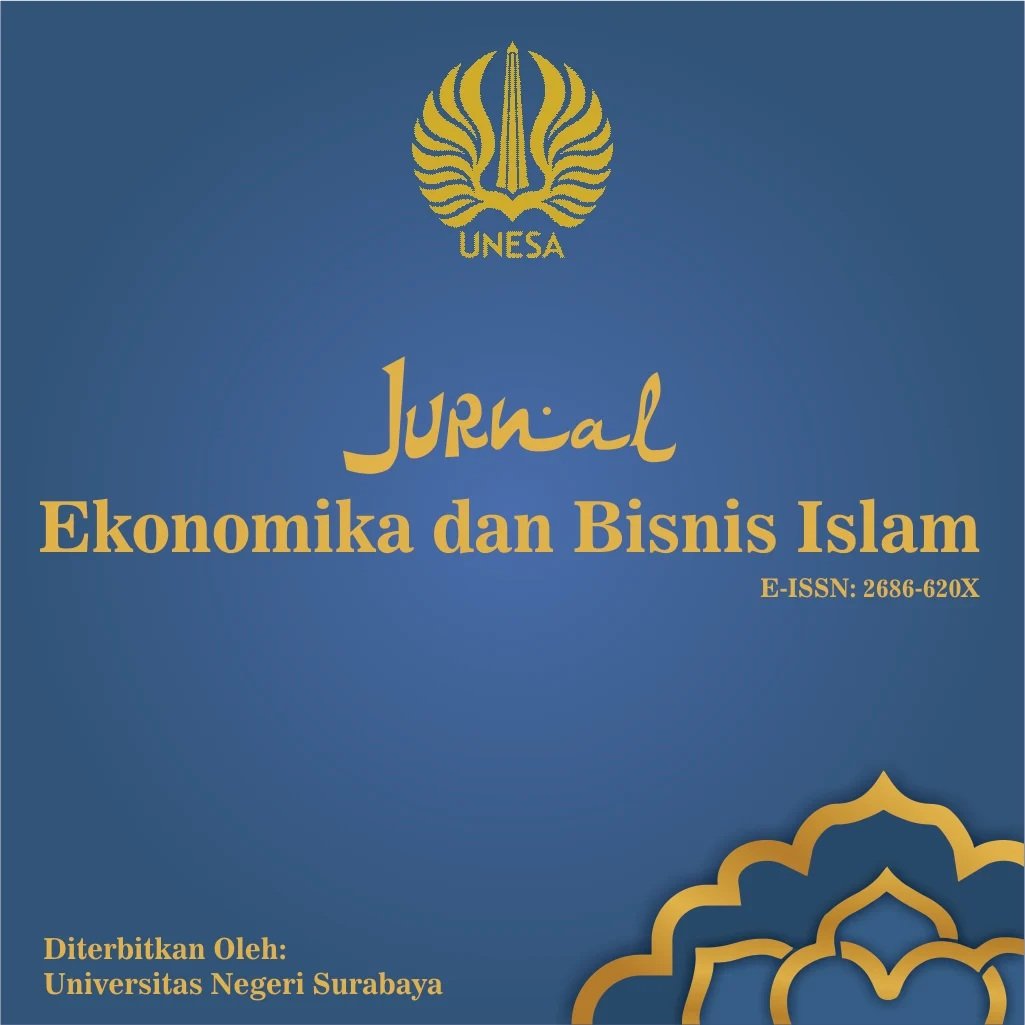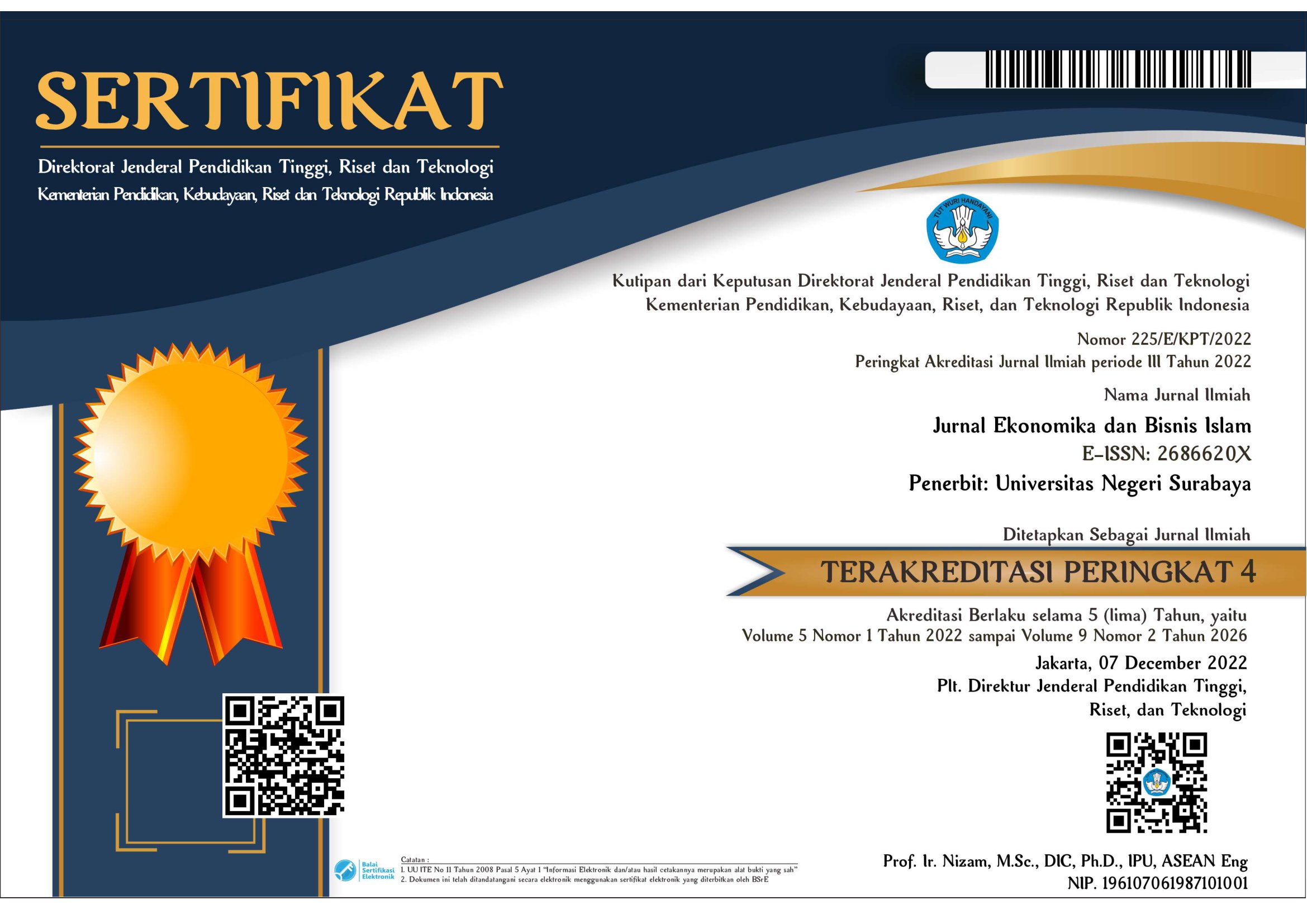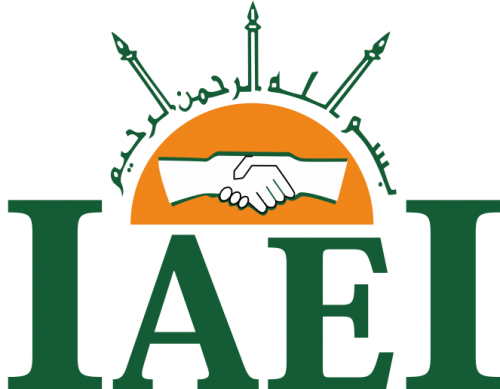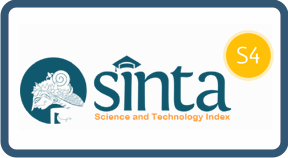Model Koperasi Islam dari Beberapa Negara Muslim dan Non-Muslim
DOI:
https://doi.org/10.26740/jekobi.v8n1.p113-128Keywords:
Islamic Cooperative, Bibliometric Analysis, Vosviewer, Content AnalysisAbstract
This study explores the Islamic cooperative model, which is gaining increasing attention in the global economy, particularly among member countries of the Organization of Islamic Cooperation (OIC). Islamic economic principles, which emphasize social values, justice, and community empowerment, face challenges such as low human resource quality, limited capital, inadequate managerial capabilities, and low member awareness. With the rapid growth of cooperatives in various countries, new challenges and opportunities have emerged in developing cooperative models that align with Islamic economic principles while integrating local values and culture. This study aims to explore and analyze successful cooperative models implemented in several countries and investigate strategies and innovations for the sustainable and inclusive development of Islamic cooperatives. Using bibliometric and content analysis, this research finds that several Muslim and non-Muslim countries have developed innovative Islamic cooperative models. Integration with fintech can enhance efficiency and financial inclusion. Islamic cooperatives have demonstrated positive impacts on the economic and social welfare of communities. Recommendations include fostering innovation, promoting international collaboration, providing government policy support, and enhancing education and promotion to improve understanding and acceptance of Islamic cooperatives. Future research is suggested to conduct comparative studies, explore technology integration, and assess long-term impacts to expand the understanding of Islamic cooperative models and their potential.
References
Abdulahanaa. (2020). Synergy Sharia Banking And Sharia Cooperation In Farmer Economic Empowerment After Change Function Of Agricultural Lands. International Journal Of Scientific & Technology Research, 02 (9), 5020- 5026
Adriani, Z. (2019). Improving performance through transformational leadership and utilization of information technology: A survey in mosque-based Islamic cooperatives in Indonesia. Academy of Strategic Management Journal, 18(2), 1–13.
Al-Ajlouni, A. (2016). Personal Cooperatives Model: Basic Concepts and Evidence from Jordan. ISRA International Journal of Islamic Finance.
Ascarya, A., Husman, J. A., & Tanjung, H. (2023). Determining the characteristics of waqf-based Islamic financial institution and proposing appropriate models for Indonesia. International Journal of Ethics and Systems, 39(1), 143–164.
Ascarya, A., Sukmana, R., Rahmawati, S., & Masrifah, A. R. (2023). Developing cash waqf models for Baitul Maal wat Tamwil as integrated Islamic social and commercial microfinance. Journal of Islamic Accounting and Business Research, 14(5), 699–717.
Ascarya, Ascarya. (2014). Sustainable Conventional And Islamic Microfinance Models For Micro Enterprises. ISRA International Journal of Islamic Finance. 6.
Cisneros, L., Ibanescu, M., Keen, C., Lobato-Calleros, O., & Niebla-Zatarain, J. (2018). Bibliometric study of family business succession between 1939 and 2017: mapping and analyzing authors’ networks. Scientometrics, 117, 919–951.
Ebrahim, M. S. (2009). Can an Islamic model of housing finance cooperative elevate the economic status of the underprivileged? Journal of Economic Behavior & Organization, 72(3), 864–883.
Engku Ali, E. R. A., & Oseni, U. A. (2017). Towards an effective legal and regulatory framework for Islamic financial transactions: Major initiatives of the Central Bank of Malaysia. International Journal of Law and Management, 59(5), 652–672.
Gonsalves, R. G., & Kassim, S. H. (2015). Islamic Cooperative: An Alternative To Commercial Islamic Banking. Al-Shajarah: Journal of the International Institute of Islamic Thought & Civilization, 20.
Gulzar, R., Ibrahim, M. H., & Ariff, M. (2020). Are Islamic Banks Suffering From A Model Misfit? A Comparison With Cooperative Banks. Journal of Islamic Monetary Economics and Finance, 6(2), 325–352.
Gutiérrez, M. P., & Corrales, C. C. (2020). Surfing scientific output indexed in the Web of Science and Scopus (1967-2017). Movimento: revista da Escola de Educação Física, (26), 14.
Harzing, A.-W., & Alakangas, S. (2016). Google Scholar, Scopus and the Web of Science: a longitudinal and cross-disciplinary comparison. Scientometrics, 106, 787–804.
Hassan, M. K., Alshater, M. M., Hasan, R., & Bhuiyan, A. B. (2021). Islamic microfinance: A bibliometric review. Global Finance Journal, 49, 100651.
Hayati, S. R., & Khasanah, M. (2019). The role of cooperatives in the SMEs empowerment in rural areas. Humanities & Social Sciences Reviews, 7(2), 226–232.
Huda, M., & Santoso, L. (2020). The construction of corporate waqf models for Indonesia. International Journal of Innovation, Creativity and Change, 13(6), 720–734.
Ibrahim, F., Frisdiantara, C., & Wekke, I. S. (2017). Differentiation strategy of Islamic micro finance institutions in Malang. Journal of Engineering and Applied Sciences, 12(15), 3865–3869.
Itam, M. I., & Alhabshi, S. M. (2016). Shariah Governance Framework For Islamic Co-Operatives As An Integral Social Insitution In Malaysia. Intellectual Discourse, 24.
Koskinen, J., Isohanni, M., Paajala, H., Jääskeläinen, E., Nieminen, P., Koponen, H., Tienari, P., & Miettunen, J. (2008). How to use bibliometric methods in evaluation of scientific research? An example from Finnish schizophrenia research. Nordic Journal of Psychiatry, 62(2), 136–143.
Lukens-Bull, R., & Woodward, M. (2021). Variation of Muslim practice in Indonesia. In Handbook of contemporary Islam and Muslim lives (pp. 1–23). Springer.
Ma, Y., & Taib, F. M. (2023). An Integrated Islamic Co-operative as A Housing Solution for China’s Housing Affordability Issues. Journal of Economic Cooperation & Development, 44(1), 1–21.
Md Zabri, M. Z., & Mohammed, M. O. (2018). Qualitative validation of a financially affordable Islamic home financing model. ISRA International Journal of Islamic Finance, 10(2), 143–161.
Nasir, A., & Abdullah, L. (2019). A new model for Islamic cooperative mortgage of housing finance. International Journal of Housing Markets and Analysis, 12(4), 708–721.
Puspitasari, N., Prihatini, D., Mufidah, A., Suroso, I., & Muhsyi, A. (2023). Model of institutional strengthening based on management function and Sharia compliance: Exploration of Islamic cooperative in Jember Regency, Indonesia.
Safawi, A. R., Yusof, W. C. W. M., Rohana, O., Nooraslinda, A. A., & Marziana, M. M. (2017). Maqasid Syariah in relation to cooperatives’ contracts and operations. In Trends and Issues in Interdisciplinary Behavior and Social Science (pp. 95–102). CRC Press.
Santoso, B., & Ahmad, K. (2016a). Islamic microfinance branchless banking model in Indonesia. Intellectual Discourse, 24.
Santoso, B., & Ahmad, K. (2016b). The financial inclusion model based on Baitul Mal Wa Tanwil (BMT) cooperatives and community. Al-Shajarah: Journal of the International Institute of Islamic Thought and Civilisation (ISTAC), 21(3).
Selim, M., & Farooq, M. O. (2020). Elimination of poverty by Islamic value based cooperative model. Journal of Islamic Accounting and Business Research, 11(5), 1121–1143.
Seuring, S., & Gold, S. (2012). Conducting content‐analysis based literature reviews in supply chain management. Supply Chain Management: An International Journal, 17(5), 544–555.
Siregar, R. A. S., Rababah, M. A., Ritonga, R., Harahap, T. M., & Siregar, E. (2025). Islamic Boarding School Cooperatives as an Instrument for Empowering the Community’s Economy: Analysis of Islamic Economic Law. Nurani: Jurnal Kajian Syari’ah Dan Masyarakat, 25(1), 323–343.
Solouki, M., Allahyari, M. S., & Bordbar, M. (2011). Analysis of effective factors to increase the knowledge of agricultural production cooperative members in Semnan Province, Iran. African Journal of Agricultural Research, 6(32), 6647–6652.
Sulaiman, A. I., Masrukin, M., & Suswanto, B. (2019). The Implementation of Community Empowerment Model as a Harmonization in the Village Traumatized by Terrorism Case. Jurnal Ilmiah Peuradeun, 7(1), 59–80.
Wahyudi, I. (2014). Commitment and trust in achieving financial goals of strategic alliance: Case in Islamic microfinance. International Journal of Islamic and Middle Eastern Finance and Management, 7(4), 421–442.
Zabri, M. Z. M., & Mohammed, M. O. (2018). Examining the behavioral intention to participate in a Cash Waqf-Financial Cooperative-Musharakah Mutanaqisah home financing model. Managerial Finance, 44(6), 809–829.
Downloads
Published
How to Cite
Issue
Section
License
Copyright (c) 2025 Hani Khairo Amalia, Rofik Hidayat

This work is licensed under a Creative Commons Attribution 4.0 International License.
This work is licensed under a Creative Commons Attribution 4.0 International License.
 Abstract views: 138
,
Abstract views: 138
, PDF Downloads: 209
PDF Downloads: 209














